Avant la traduction en Francais nous vous proposons la version anglaise. Merci.
Special Briefing on the Current Situation in Cote d’Ivoire
Special Briefing
Phillip Carter III
U.S. Ambassador to Cote d’Ivoire
Washington, DC
February 4, 2011
________________________________________
MR. TONER: Good afternoon, everyone. Welcome to the State Department. It’s our great, good fortune to take advantage of the recently concluded, or just concluded, Chiefs of Mission Conference to have Ambassador Phillip Carter, who is our Ambassador to Cote D’Ivoire, come down to the briefing room and brief all of you on the current situation in Cote D’Ivoire.
Ambassador.
AMBASSADOR CARTER: Thank you. Good afternoon, everybody. We’re looking at this election. When you examine it, you have to take into consideration that the November 2010 election – presidential election in Cote D’Ivoire was the culmination of years of work by the country’s national institutions as well as international – the international community with an aim to resolve a ten-year-old conflict. And the agreements that were made that led to that election, principally the Ouagadougou Political Agreement of 2007, established a process that aimed to address questions of national identity, voter registration, disarmament, reunification, as well as the conduct of those elections. And the OPA, the Ouagadougou Political Agreement, also was the agreement that invited the United Nations into the country to work on the elections and to certify them. These – this agreement, which was to certify both the presidential and legislative elections, was an agreement that was signed by at-the-time President Gbagbo, Mr. Ouattara, Mr. Bedie, Prime Minister Soro, as well as the president of Burkina Faso, President Compoare.
The first round of the elections took place. Fourteen candidates ran. Three were principal. Of the remaining 11, I don’t think any of them collectively got more than 3 percent of the vote at most, perhaps not even one. And it – the process went smoothly, 84 percent turnout – voter participation in the first round of the election, making it one of the highest voter turnouts on the planet. It was peaceful, and the results were that you had Gbagbo leading, with the second place to Ouattara, and the third place to Mr. Bedie. Bedie threw his support behind Ouattara for the second round, which had a participation rate, we understand, of about 81 percent, which is remarkably high for a presidential runoff. And there the process after the election of the second round, things became a bit more controversial.
Though the process was the same for the first and second round where the independent Electoral Commission tallied the results, reported them out. The results of the first run were then certified or endorsed by the Constitutional Council and certified by the United Nations. The process proceeded for the second round, but there pressures became clearly evident in the tallying of the second round. Intimidation was being reported in certain parts of the country, but also that – but the process continued in terms of the tallying of the results that proceeded unimpeded until everything was obtained at the Electoral Commission’s headquarters. And what we saw there was a split within the Electoral Commission trying – the commission trying to move on a consensus basis to tally the results, which they did on early Thursday morning after the election, by consensus, coming up with the 19 districts that were there. And there was a challenge in terms of how they were going to report the results out. The Electoral Commission, or the president of the Electoral Commission, had been intimidated. There were security forces throughout the commission headquarters. In the end, he reported them out at the – at a hotel, the Golf Hotel, which was essentially the – I guess you could call it – the offices of the prime minister, Prime Minister Guillaume Soro, who was the prime minister of President Gbagbo at that time. And his results indicated that Alassane Ouattara won with about an 8 percent margin.
Later that day, the Electoral Commission – or the Constitutional Council declared the results of the Electoral Commission null and void, and the following day reevaluated the results, indicating that Laurent Gbagbo won with 51 percent of the vote to about 48-plus percent of Alassane Ouattara.
The United Nations, doing what it did during the first round, continued its certification process, which was incredibly rigorous and done completely independently of the national institutions in the country. And it was very rigorous, very impartial. And the results of that certification indicated that Alassane Ouattara won with about 8.2 percent margin, similar to that of the Electoral Commission. The United Nations had tried to replicate how the Constitutional Council had moved forward and was unable to do so. Eliminating parts of the vote in the north still resulted with Alassane Ouattara winning.
The issue of violence in the north was – there were incidents we noted, observers noted, but nothing that was destabilizing to the results of the election or would derail the results of the election. There was actually more violence in the western part of the country, where the – Gbagbo’s party did not contest the results. With a participation rate of 81 percent, and in some areas it’s even higher in the north, it was hard to say that people were impeded from voting.
So what we have now is a situation where we have had a good election that was transparent, democratic, attested to by the United Nations, certified by the United Nations, where it was observed by both credible national and international observer groups, including the Carter Center, the European Union, the African Union, ECOWAS, and local observer groups, and where the incumbent has refused to accept those results of a process that he himself has put in place through the agreement of other African leaders within Cote d’Ivoire as well as outside.
So what we have is a situation where we have a good election with clear results that are incontrovertible. It’s a matter of fact and a matter of interpretation of national institutions. And we have a dilemma, a national dilemma of institutions within the country between – a challenge between the Constitutional Council and the Electoral Commission having different results. The fact that the United Nations was invited in under the Ouagadougou Political Agreement is the thing that sets this process in Cote d’Ivoire apart from other elections that are coming up in Africa because of the fact that we have clear evidence as to who won that election.
The situation is now much more difficult with President – outgoing President Gbagbo holding on to the reins of power through some security forces, trying to hold on to the instruments of governance through the ministries. With President-elect Ouattara taking refuge in a Golf Hotel, protected by about 300 peacekeepers, both United Nations and French La Cornue troops, with some former elements of the – there’s this – there was this coordinating body within the local military that had the Force Nouvelle and the local forces. And some of the forces, they’ll have remained at the hotel protecting both President Ouattara as well as his newly-designated prime minister, who was the former prime minister, Guillaume Soro.
The situation is such that the country is in a sense of stasis. It’s frozen. You have – if you may recall, prior to this election, the northern part of the country was essentially in rebel territory. And the hope was that this election would be a critical and important and essential step to further unifying the country. It has not happened as a result of the refusal by President Gbagbo.
Violence has persisted in the country, particularly in Abidjan. There are credible reports of groups of militias under the control of Gbagbo going through neighborhoods that are largely populated by Ouattara supporters, pulling people from their homes, beating them. Some of them are summarily executed. Others have disappeared. The United Nations has conducted investigations, though those investigations have been impeded by the security forces controlled by President Gbagbo, indicating that around 250 – they’ve been able to certify that 250 people have been summarily executed and around a hundred have disappeared. Those numbers will likely climb.
We have President Gbagbo using the national media, the state media, particularly the television station, which is the number one outlet – or was the number one outlet for news within the country – turning it into a propaganda machine that has been spewing out basically invidious information. Some have declared it hate speech. I don’t know if I want to take it that far, but it’s been clear propaganda, largely inaccurate.
You do have the written press. There are what we call the blue journals, the blue press, which – blue is the color of Gbagbo’s party; the green press, which is the color of Ouattara’s party; and the independent, a few, that are carrying both sides of the story, both pieces. So it’s – you have to kind of wade through all of it to get an objective view.
We have also had a situation where the international community, looking at this certification the United Nations has, has supported the election of President Ouattara, Alassane Ouattara. ECOWAS, the regional African body for West Africa, has stated that he is duly elected and that he’s – that President Gbagbo should step down to allow a peaceful transition. This has been taken up by the African Union, the United Nations Security Council, as well as ourselves, the United States Government, as well as other countries, the European Union as well, and other non-European states.
The hope is that this pressure, which includes sanctions against individuals and certain specific entities on the part of the European Union as well as ourselves, both in terms of travel restrictions and certain targeted financial sanctions, coupled with President Ouattara’s efforts to claw back and try to obtain control of the national resources and national instruments of governing, specifically the central bank, which is a regional central bank for Cote D’Ivoire, which is part of the West Africa Monetary Union. He now has control of those national funds and is putting the financial squeeze on the instruments of power controlled by President Gbagbo.
The situation is tense. There have been efforts to mediate, to find a reconciliation, to find some means out of this peacefully, led by ECOWAS, the African Union. There have been efforts on the part of former South African President Mbeki, former Nigerian President Obasanjo. There was a delegation of ECOWAS presidents that went there twice. The prime minister of Kenya Raila Odinga and others have come to work with both sides, to at a minimum lift a blockade of the Golf Hotel where President Ouattara is and where he’s constrained. That has not happened. Where they have urged President Gbagbo to seek an honorable, peaceful exit to effect a transition that can move the country forward, he has resisted those offers.
And that’s where we are now. The situation is now more critical as the financial sanctions, the travel sanctions, the control of the central bank by Ouattara, are beginning to bite. And Gbagbo is beginning to feel the pressure. There’s a financial crisis within Abidjan right now as we speak and trade is slowing down. The economy is in – it’s not in freefall yet, which it soon will be if this persists, and that has regional import insofar is that Cote D’Ivoire makes up 40 percent of the economic activity of the West Africa Monetary Union, 40 percent.
So that’s the circumstances that we face. Gbagbo himself has tried to marshal support within and outside of Africa for his cause. He has tried to alienate the international community, without much effect, frankly. One thing that has to be clear is that while there are people who are looking at the situation, certain governments in Africa and outside, there is still a overwhelming international sense of unity as to the results of the election and hope for a peaceful transition of power.
So that’s the summary of the events that are there. Any questions?
QUESTION: I mean, this sounds worse than Egypt. (Laughter.) I mean, we’ve been at briefings now for, what is it, months? It feels like years, but months. How is this going to be resolved?
AMBASSADOR CARTER: Well, I think there’s a couple of things. One is that the immediate crisis that we face in Cote D’Ivoire has been going on for less than two months, since the election, and President Ouattara has been stuck in the Golf Hotel for about two months. But you’re right; the crisis of Cote D’Ivoire goes back to 1999, and this has been building for some time.
The elections were initially supposed to be held in 2005 and had been delayed and delayed and delayed, so there was real hope that these elections would take place. There’s not a controversy about the elections. They were conducted well. It’s an acceptance of one individual of those results – someone who is trying to hijack a democratic process.
How it’s going to work out is that basically this is an Ivoirian thing, it’s an African thing, and the Africans are looking at their resources and their means by which to allow for this political transition to occur as peacefully as possible. ECOWAS has indicated that should that fail, they’re looking to consider a military force, but that’s a last resort.
I expect that we’re going to see continued pressure in the diplomatic, political, and economic and financial channels to persuade, dissuade, Gbagbo from the course that he’s on. That will continue. How long that will take, it’s unclear. What we’ve seen in the context of Tunisia and Egypt and others is that there’s always – what happens accelerates sometimes. We may see that in Cote D’Ivoire. We may not. I don’t know. The context for Sub-Saharan Africa is qualitatively different than North Africa.
Yes.
QUESTION: There’s some reporting that essentially any determination among the African countries to act on Ivory Coast is actually – this is in decline, that the naming of the Equatorial Guinea leader to head the AU is a sign that actually African support for doing something about Ivory Coast is dissipating. How would you react to that?
AMBASSADOR CARTER: I would say that I don’t know if that’s necessarily correct. I think what we’re seeing is efforts on the part of Gbagbo to marshal support amongst certain longstanding partners, but that the selection of President Obiang to the head of the AU was something that was cooked ahead of this crisis. This has – his election has nothing to do with the situation in Cote D’Ivoire.
But having said that, he himself, and as well as the African Union, has come out subsequent to the establishment of this commission that they put forward indicating that they still recognize President Ouattara as elected and that they’re looking for a peaceful transition.
As to point of departure here for the Africans is that the recognition that this election was a good one and that you have to honor the results of that. Trying to set – setting that election aside would be a major step back for democracy in Sub-Saharan Africa, given the huge investment that was made by national institutions, the international community, the fact that the election was transparent, observed out the wazoo, and frankly, the results are factual. It’s a matter of fact, not a matter of interpretation.
I think the Africans are looking for whatever means they can to avoid conflict or to exacerbate conflict. They all recognize that the human rights abuses that are occurring in Abidjan and in the western part of the country – not necessarily in the north, which is essentially Ouattara’s – under Ouattara’s control – are something that have to be attended to. And the question of accountability is coming up, and so that window for Gbagbo to leave honorably, peacefully, with amnesty, that window is closing.
Other questions? Yes, sir.
QUESTION: The panel, the AU panel that —
AMBASSADOR CARTER: Yes, sir.
QUESTION: — that has a month or so to work, is that a realistic time frame? I mean –
AMBASSADOR CARTER: A month? I think I leave it to the African leadership to determine if that’s adequate. They’ve given themselves a month. And you have to understand that this is a culmination of other efforts on the part of the African Union. I mean, shortly after the election, former South African President Mbeki was there on the part of the African Union. You’ve had Obasanjo from Nigeria who was there on the part of the African Union. You’ve had Raila Odinga there twice on the part of the African Union. You’ve had Jean Ping and PSC Commissioner Lamamra there on the part of the African Union.
So this is just another step in that direction of them trying to do the maximum effort to avoid violence, to avoid a military intervention. It’s the last resort, which is the point that ECOWAS has put forward, which the African Union has put forward.
Whether that’s realistic in terms of achieving a goal – I mean, I would think so, provided both parties agree to engaging with this panel. I understand that President Ouattara has. But I understand that the Gbagbo side has put out some conditions that may make this effort moot.
QUESTION: Do you know when President Ouattara engaged with the panel?
AMBASSADOR CARTER: I think he issued a statement shortly after it was announced. And in French, he; he welcomed the panel. And when they arrive or whatever, he will engage with them and talk to them. But he’s waiting for their arrival.
Yes, sir.
QUESTION: You said that sanctions are beginning to bite and Gbagbo is beginning to feel the pressure. What evidence is there of that?
AMBASSADOR CARTER: A couple of things. One is, as we see most recently, the financial situation in the country is getting tough. I mean, we’re seeing that the banks that have international associations are under the gun in terms of meeting the requirements of the West African Monetary Union. President Gbagbo has stated publicly that he wants to seize the assets of the office of the central bank that exists in Abidjan – not the central bank itself, but there’s an office there – to take over those assets. He has been pirating. He’s been stealing money from (inaudible) Data corporations to meet salary. He has been extorting local businesses to pay in advance their taxes, to pay things forward – contracts forward, putting increasing pressure on a variety of companies that are involved in natural resources, be it coffee, cocoa, petroleum, timber, whatever, to pay forward. They’re resisting.
And so what we’re seeing there is an effort for him to marshal as many resources as he can to get the money together to meet his payroll probably to acquire additional weapons, to keep his fight going. There’s a lot of – there’s been a lot of press about the isolation of Ouattara at the Golf Hotel. I would submit that they’re both isolated – Gbagbo within his own presidential palace and his cohorts around him, increasingly isolated within the international community, both financially, politically, diplomatically, economically. Whereas Ouattara, though he’s physically isolated at the Golf Hotel, has the support of the entire – virtually the entire international community and financial system; where he’s been able to push out some of his diplomatic representatives outside; where he’s been able to send ministers out. So what we see is time seems to be on the side of Alassane Ouattara and not necessarily on the side of Laurent Gbagbo.
Questions? Yes, ma’am.
QUESTION: So could you expand a little bit more about how Mr. Gbagbo is feeling the sanctions? Because obviously, he personally doesn’t care whether his country faces –
AMBASSADOR CARTER: Correct.
QUESTION: — sanctions or not. But are you saying that it’s going to be increasingly difficult for him to pretend that he’s still in power because he will not have access to money?
AMBASSADOR CARTER: Well, he is a pretender now. Let’s be clear about this.
QUESTION: Sure.
AMBASSADOR CARTER: Okay. But the thing is – the issue at hand is that his ability to govern – in other words, he exists for what reason? He has security forces backing him up, period.
QUESTION: And if he can’t pay them, then —
AMBASSADOR CARTER: If he can’t pay them, what are they going to do? How loyal are they going to be? Let’s not underestimate the banality of things.
Any other questions?
QUESTION: Is the United States prepared to take any new steps to –
AMBASSADOR CARTER: Well, we’re looking at the full arsenal of things that we can do. I mean, we’ve taken some significant steps. One, we stand with ECOWAS. More importantly, we stand with President Ouattara. President Obama has congratulated him on his election, and we’ve engaged his government as best we can – small that it is, sequestered that it is. We work with our African partners. We’re not in the lead of this, okay. This is an African thing. So we work with ECOWAS. We’re working with the African Union. We work with our development partners, be it in the European Union or outside. We work in the context of the Security Council. I understand there’s a discussion going on in New York today on the question of Cote d’Ivoire at the Security Council.
So we are actively engaged in the diplomatic front. On the – and bilaterally, we’ve imposed travel restrictions on a number of individuals. Most recently, we imposed financial – targeted financial sanctions on five individuals, and we’re considering adding more to that list. Those five include Laurent Gbagbo; his wife, Simone Gbagbo; his diplomatic advisor, Ambassador Alcide Djedje; Desire Tagro, one of his closest associates; and the head of the political party, Gbagbo’s political party named N’Guessan. And that list will get larger. It’s quite large now by the European Union. And that will have an impact in terms of who can do business with whom in that country by the international community, too. So the bite is happening, and this month of February will – that process could very well accelerate.
Yes, ma’am.
QUESTION: I mean, how long do you foresee this standoff going on? Where is the solution?
AMBASSADOR CARTER: If I knew that, I’d be —
QUESTION: That’s the million-dollar question.
AMBASSADOR CARTER: Yeah, I’d be looking at a cool ambassadorship afterwards.
QUESTION: Because it sounds like you’re just waiting for Mr. Gbagbo to run out of funds and admit that he —
AMBASSADOR CARTER: No, I mean, there’s increasing pressure. I mean, we can’t ignore the fact that there is increasing pressure. He’s having to do what he can to maintain power. I mean, it’s one of these things that – whereas Alassane Ouattara is doing what he can to gain the instruments of governance, Gbagbo is doing as much as he can to hold onto that. And day by day, his ability to hold onto them is weakened and we have to keep that pressure on. And we will continue to keep that pressure on bilaterally and multilaterally within the context of the United Nations, within the context of ECOWAS, within the context of the African Union. And we will work very closely with our African partners in supporting them in that effort.
Thank you all very much.
QUESTION: Thank you.

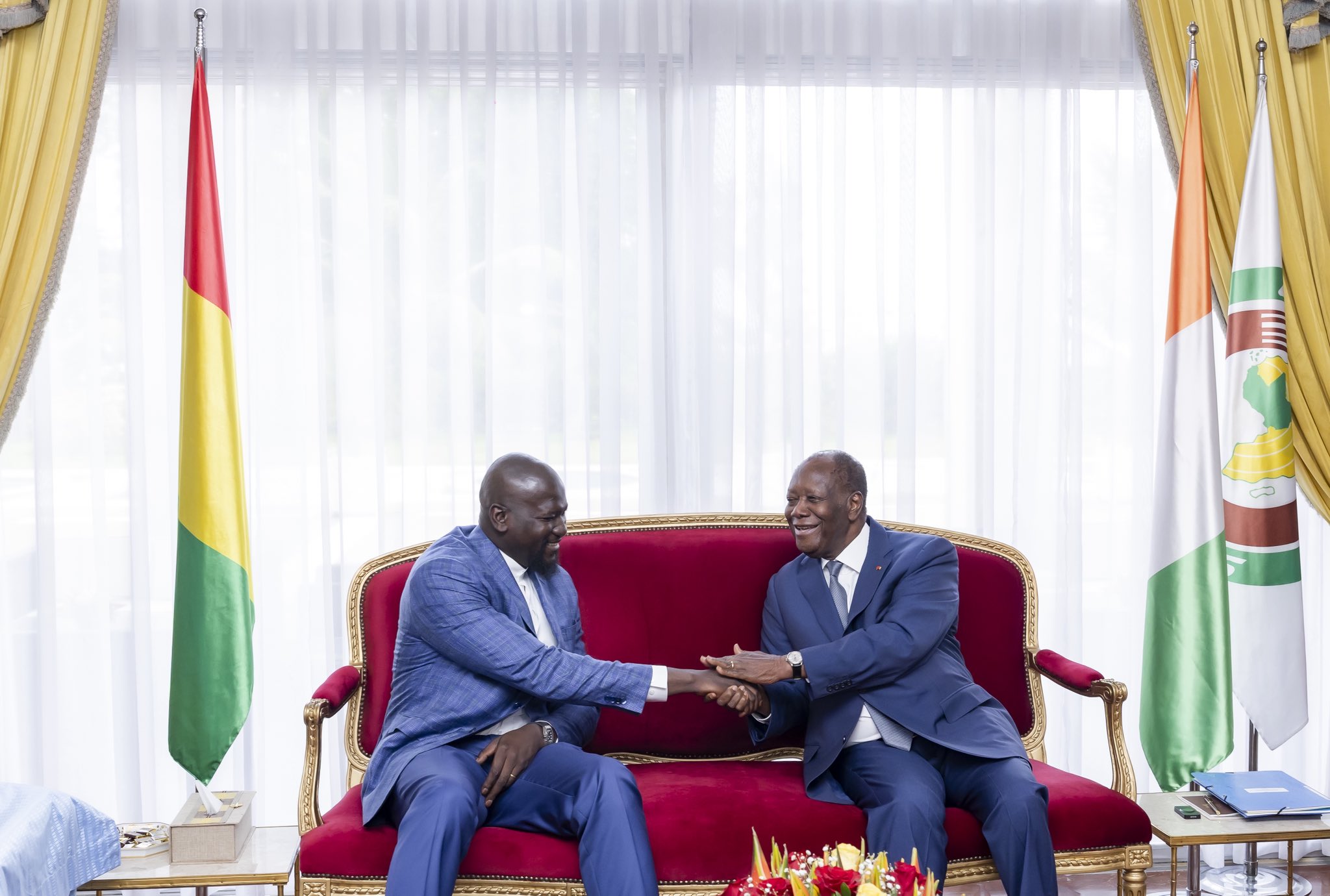
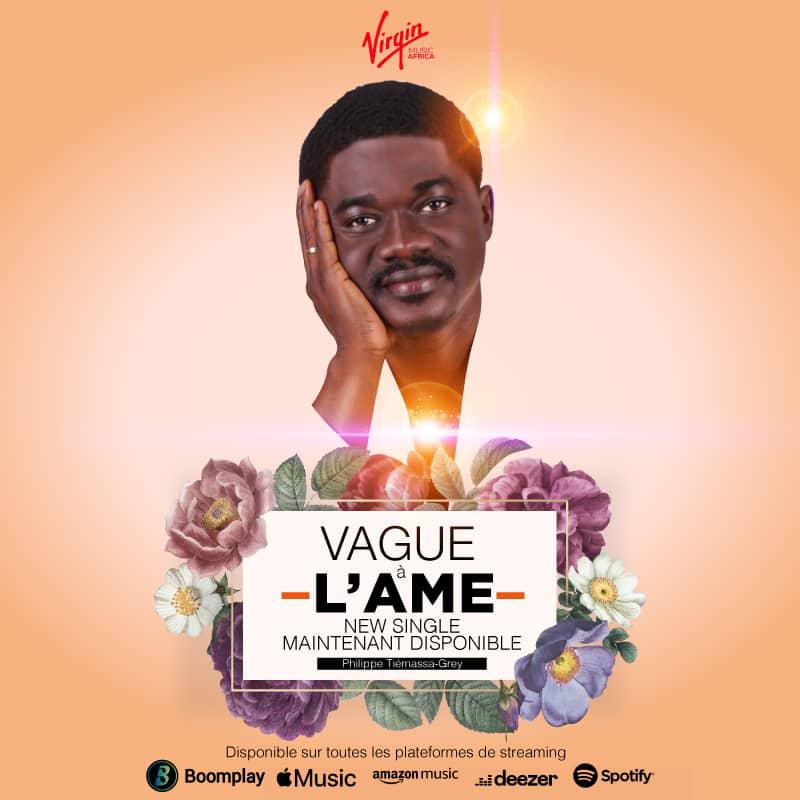
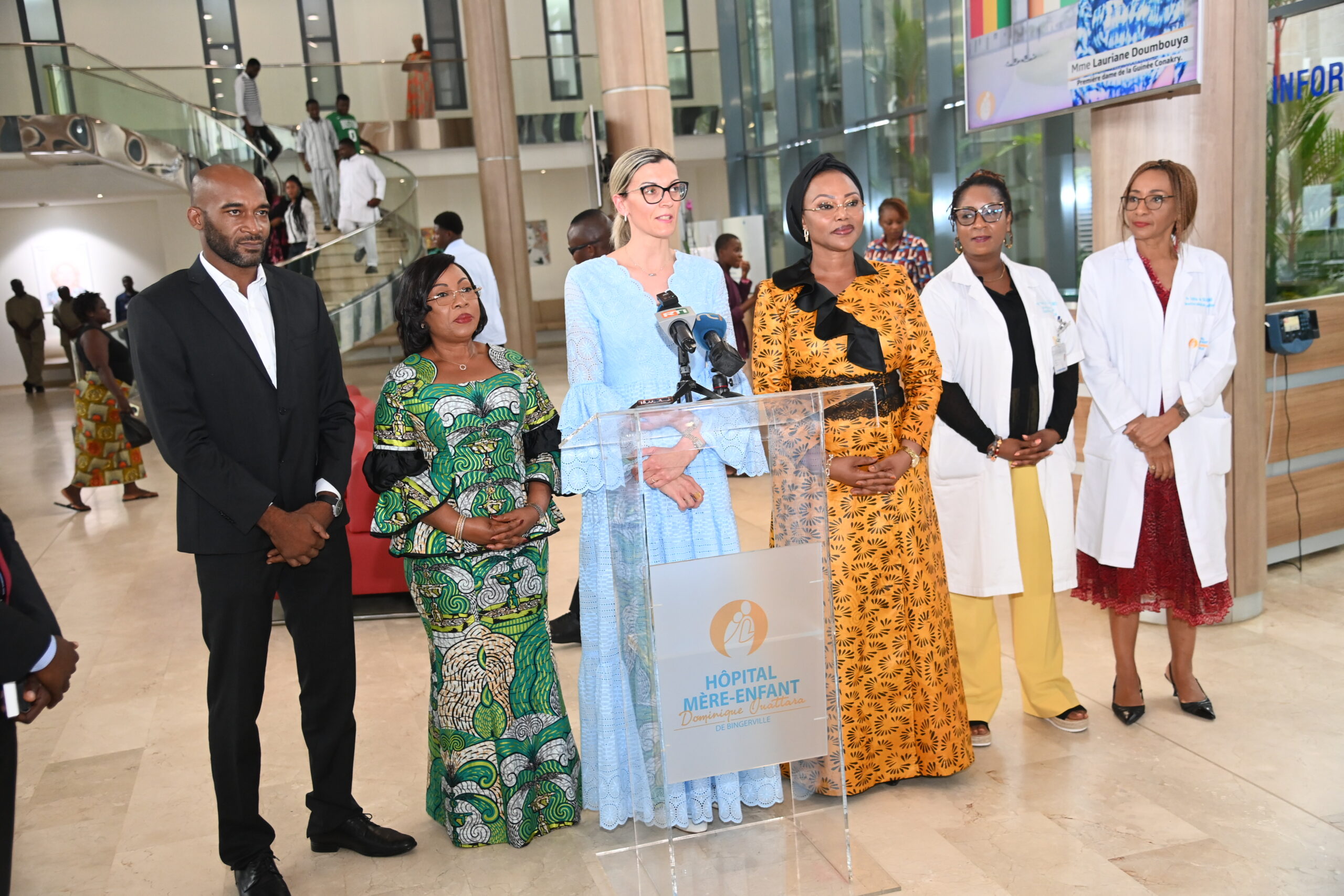
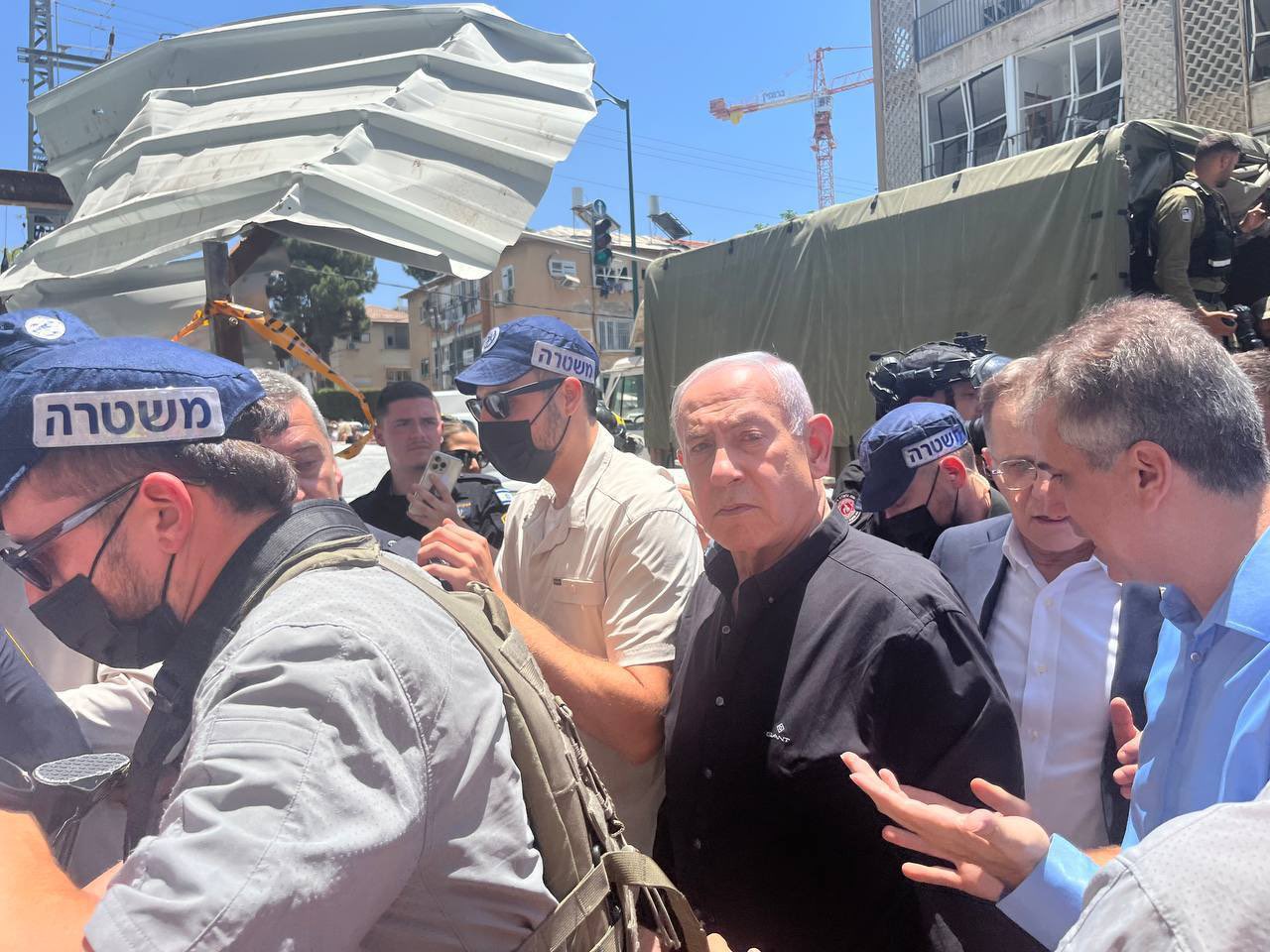

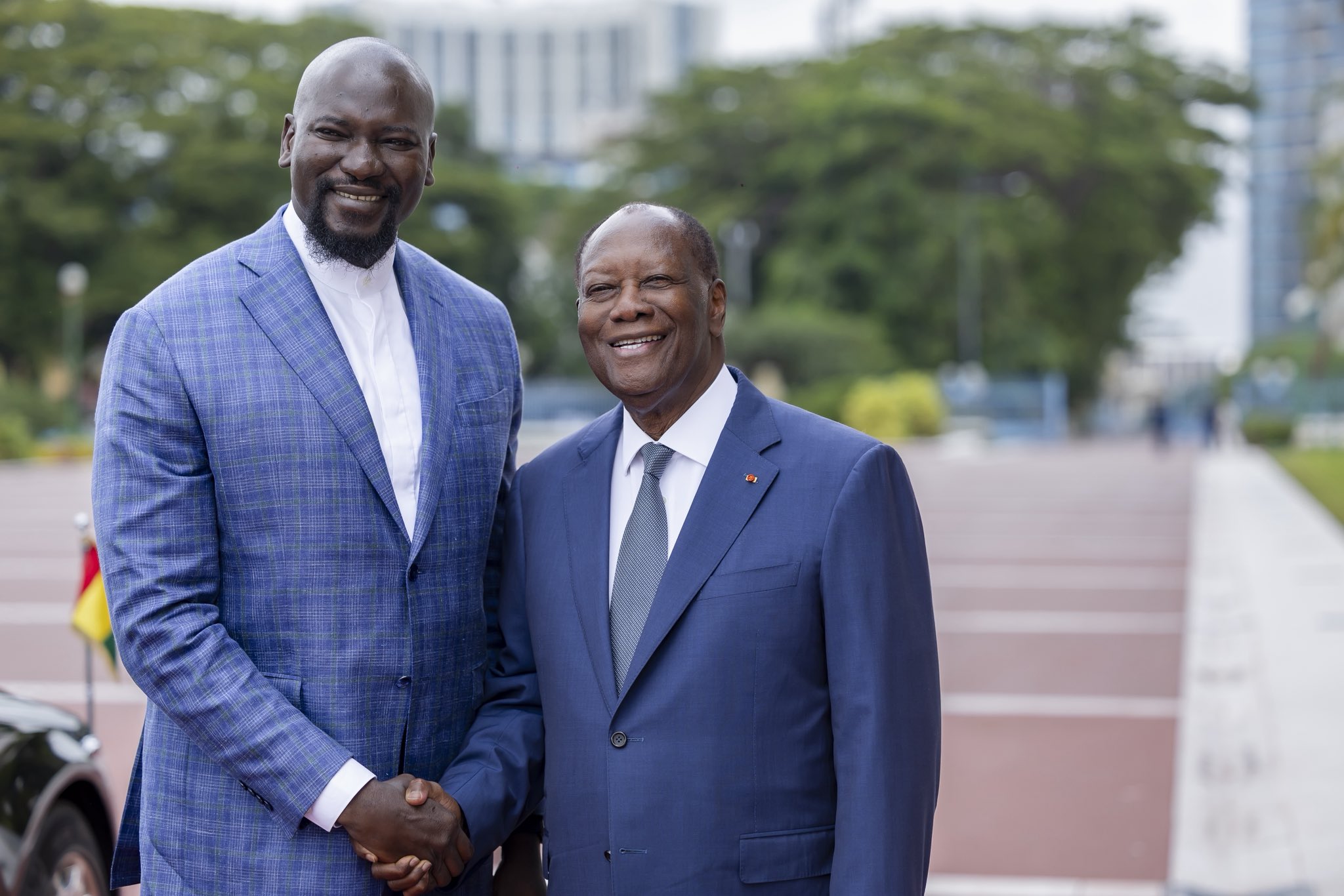
Les commentaires sont fermés.